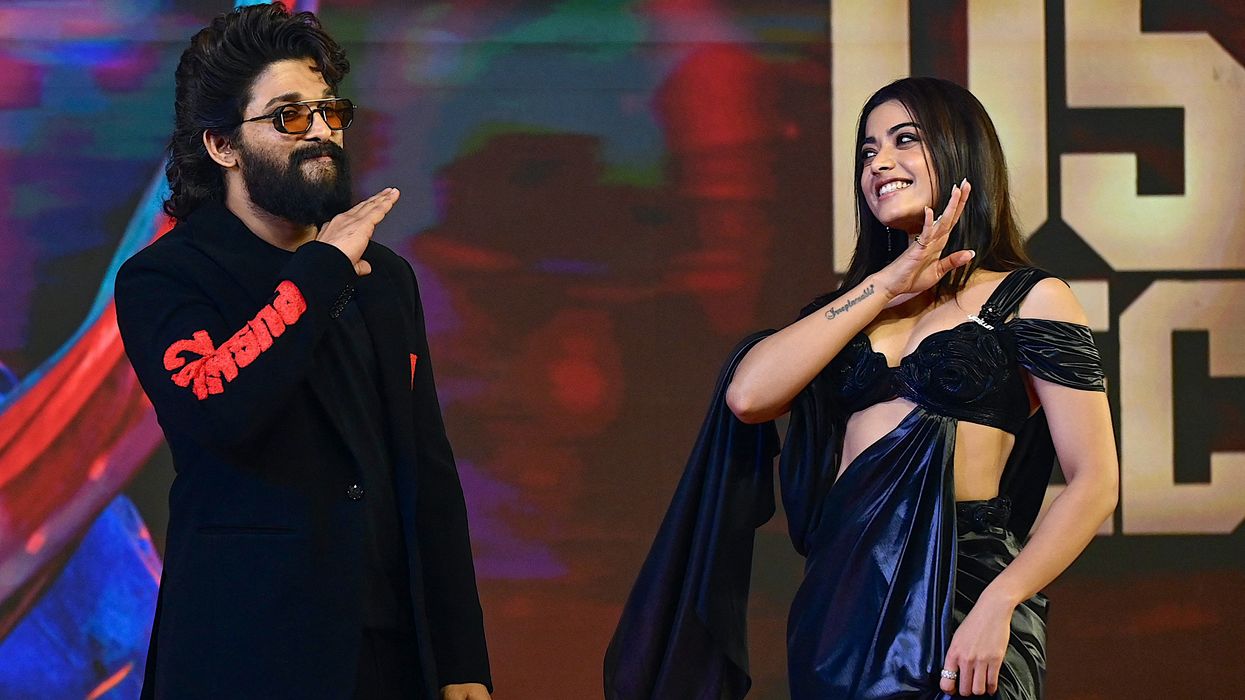Just four days after its Netflix release, Pushpa 2: The Rule (Reloaded) has become a global sensation, breaking records and sparking conversations worldwide. Directed by Sukumar and starring Allu Arjun, the Telugu action-drama has climbed to the number-one spot in seven countries and secured second place in Netflix’s global Non-English Movies category with 5.8 million views. Its high-octane action and Allu Arjun’s performance have left international audiences hooked.
The film’s mix of intense action, drama, and cultural flair has struck a chord with audiences well beyond India. One scene that has taken the internet by storm is the Jathara sequence, where Allu Arjun, draped in a saree, delivers a powerful dance before launching into an adrenaline-pumping fight. This merge of bold cultural flair and high-energy action has become the talk of the globe, with audiences both awed by its audacity and questioning its over-the-top execution. While some praised its creativity, calling it “better than modern US movies,” others questioned its physics-defying stunts, with comments like, “How does he fly so high without wings?”
Even with the mixed reactions, the film’s narrative and striking visuals have won widespread praise, with some international fans even comparing it to Hollywood blockbusters. One user stated, “Marvel has been lacking this creativity. They have the budget.” Another quipped, “India’s just showing off at this point, treating fight scenes like an art form.”
The film’s success isn’t just limited to its action sequences, though. Rashmika Mandanna’s portrayal of Srivalli and Fahadh Faasil’s menacing performance as the antagonist have added a lot of depth and layers to the story. The reloaded version, with 23 minutes of additional footage, has further amplified its appeal, offering a richer cinematic experience.
Pushpa 2: The Rule has not only shattered box office records, grossing over ₹1800 crore worldwide, but it is also changing how Indian cinema is viewed globally. The Netflix release has opened doors to a wider audience, proving that people are welcoming and accepting different kinds of cinema, transcending borders. As the film continues to dominate streaming charts, it’s clear that Pushpa 2 is turning into what we can call a cultural phenomenon. With its own unique approach and broad appeal, Pushpa 2 has set a new benchmark for Indian cinema on the global stage. Whether loved or critiqued, it’s undeniable that the film has left a mark across the world, sparking discussions and perhaps redefining what action cinema can be.





